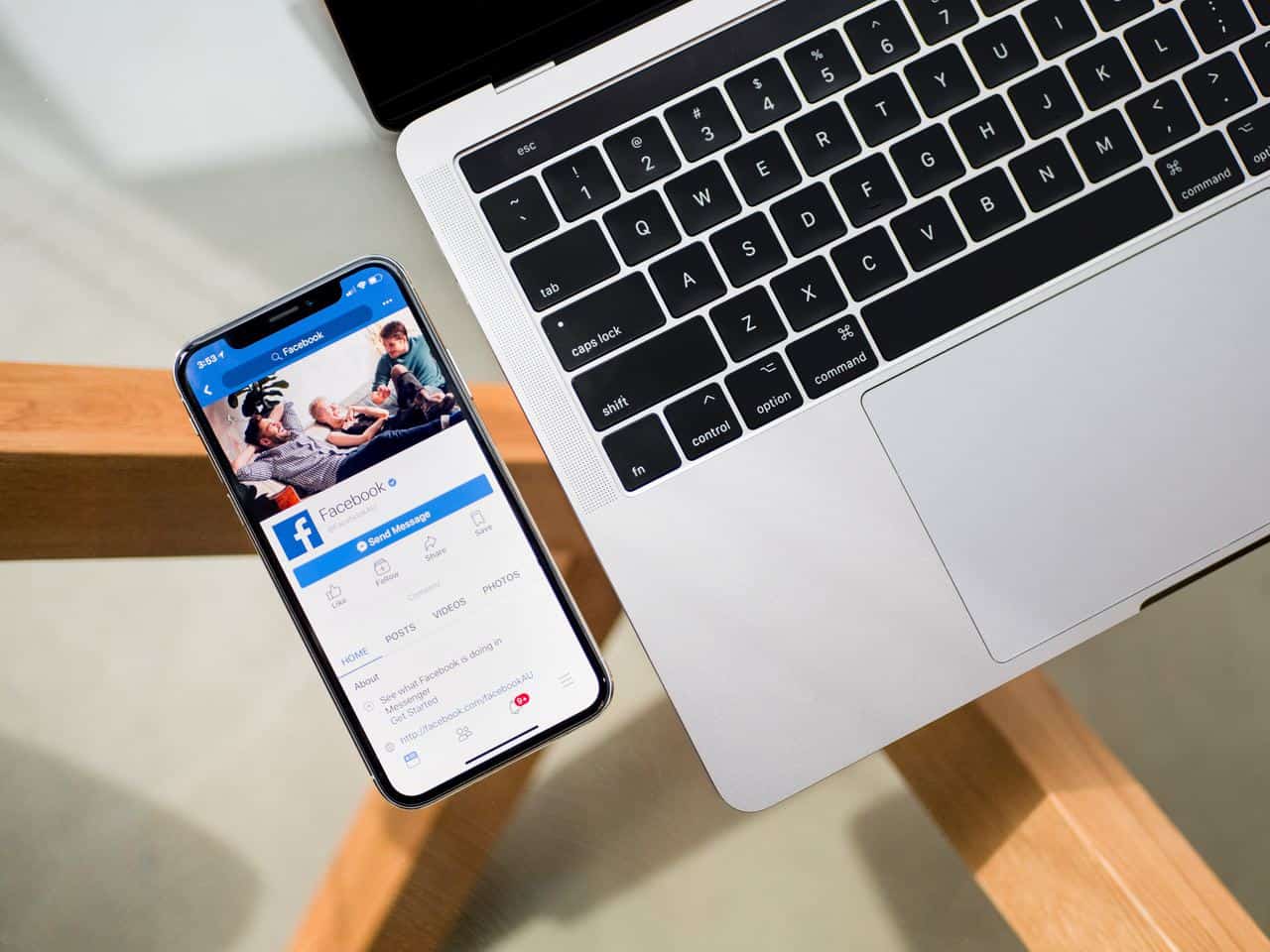How to Plan to Go Digital for your Startup Business
Which platform will you utilize?
Going digital does not simply mean creating your startup’s website yourself or having a digital agency in Dubai design it.
There are tons of mediums you can use to digitally promote your business. These include, but are not limited to, websites, social media networks, video-related channels such as YouTube, Twitch, etc. But anyhow, you should consider in creating YouTube content besides the website and other platforms that you use/will use. You can always buy real youtube views which will help you go higher on a scale, a little bit faster than your market enemies.
If you are aiming for a text-orientated experience, then a website would be the preferred method to use. If you are opting for picture-friendly content then creating social media accounts on popular websites such as Instagram and Pinterest would prove beneficial. Many social media networks now have subsidiaries for video content like Instagram Stories and Facebook Videos, crucial for startup customer service. If you have video content in mind then YouTube, Vimeo, Twitch, etc. are the sites to use for your startup’s digital growth. Path Social reviews explain more you can check out.
What type of startup are you launching?
 Ultimately the domain you choose and the online route you take is influenced by what type of business you are operating. If you are a trading company, then operating your business fully online is preferable to just having an online portal. Consider the cases of popular e-commerce websites such as Amazon, Souq, Daraz, etc. They are fully based online and Amazon itself is one of the Big Four of technology. So, it isn’t much of a risk if you are planning a fully online business as compared to a semi-offline one.
Ultimately the domain you choose and the online route you take is influenced by what type of business you are operating. If you are a trading company, then operating your business fully online is preferable to just having an online portal. Consider the cases of popular e-commerce websites such as Amazon, Souq, Daraz, etc. They are fully based online and Amazon itself is one of the Big Four of technology. So, it isn’t much of a risk if you are planning a fully online business as compared to a semi-offline one.
Quality over quantity
Even if you consider every digital method to grow your business it might not be as useful as concentrating on one method. Suppose you launch a website, a social media channel, and a YouTube channel all at the same time, and after a month, the results aren’t as favorable as compared to when you were using a single venue to promote your business.
Digital Marketing Strategies To Improve Startup Business Growth
Content Marketing:
Whatever you read or view online is content. Whether it be words in an article or pictures in a slideshow, all fall into the content. But if you are opting for Content Marketing, then you should be acquainted with relative terms. These include SEO and SMO. SEO is short for Search Engine Optimisation which deals with optimizing content in such a way that your website or webpage ranks higher in the results of famous search engines like Google, Bing, etc. This is by done by a variety of techniques: Writing articles with a specific word count, utilizing proper keywords in an article and avoiding keyword repetition, providing inbound and outbound links in a written piece, etc.
SMO is short for Social Media Optimisation. SMO is similar to SEO in the sense that both aim to optimize feedback on your web-based content. However, SMO deals specifically with the amount of social media channels you use to promote your startup business. Blogging, RSS feeds, social media networks like Facebook and Twitter, video channels like YouTube and Twitch, all fall into SMO. The goal here isn’t to use as many channels as possible, but rather, to use many channels effectively to generate hits on your website or webpage.
 PPC Marketing:
PPC Marketing:
PPC Marketing is short for Pay-Per-Click Marketing where a person is paid by advertisers as per the clicks on the ads on their website. Google Adwords is the most famous PPC Marketing domain. Although, there are others such as Bing Ads and Facebook Ads. Bing is Google’s rival as it is owned by Microsoft, and Facebook is one of the world’s most popular social media sites. Another Big Four of technology, Amazon, has launched its own ad services as well. Not only will you benefit monetarily from PPC Marketing, but you’ll be able to analyse consumer buying trends and other relative data. The drawback to PPC Marketing is that it becomes redundant after a while. For example, not everyone who visits your site will click on an ad, so you have to work on proper ad placement within an article. Simultaneously, you’ll need to create engaging content which will keep visitors coming back for more, and in turn, your click rate will improve.
Email Marketing:
This is one of the earliest strategies of digital marketing. Looking at this term, you’ll be thinking that Email Marketing might have gone extinct in this era of the 21st century.  However, the latest research has shown a higher return on investment for marketing through emails as compared to other more popular alternatives such as social media marketing.
However, the latest research has shown a higher return on investment for marketing through emails as compared to other more popular alternatives such as social media marketing.
Email Marketing is used frequently by self-published writers on Amazon who ask for readers to subscribe to their emailing list after they’ve made a purchase. But that doesn’t mean you shouldn’t invest in this digital strategy to grow your startup business. Email Marketing can be improved upon by composing accurate subject titles, catchy email content without bullet points or numbered lists so that your email writing skills come across as professional, and remember to optimise your email content for mobile devices as well.
Social Media Marketing:
This might have been the first term which came to your mind when you read about digital marketing. 89% of digital marketers have said that utilising social media marketing resulted in increased visibility for their business. 90% of entrepreneurs have affirmed the strategy’s importance on their company’s online performance. Consumer loyalty is enhanced, sales are increased, your online presence is boosted, and the comprehensive search ranking of your startup business will also be improved. However, you should be aware of the merits and demerits of the social media channel you ultimately choose to utilise. For example, Instagram relies heavily on pictorial content so if you are mainly concentrating on text-based content then your strategy will go awry. Similarly, the user-base differs for each social media channel. E.G., Instagram is preferred by youngsters while people who are above the age of 20 prefer to visit Linkedin. In order to fully optimise your social media marketing experience keep the category of content as well as audience type in mind at all times.
